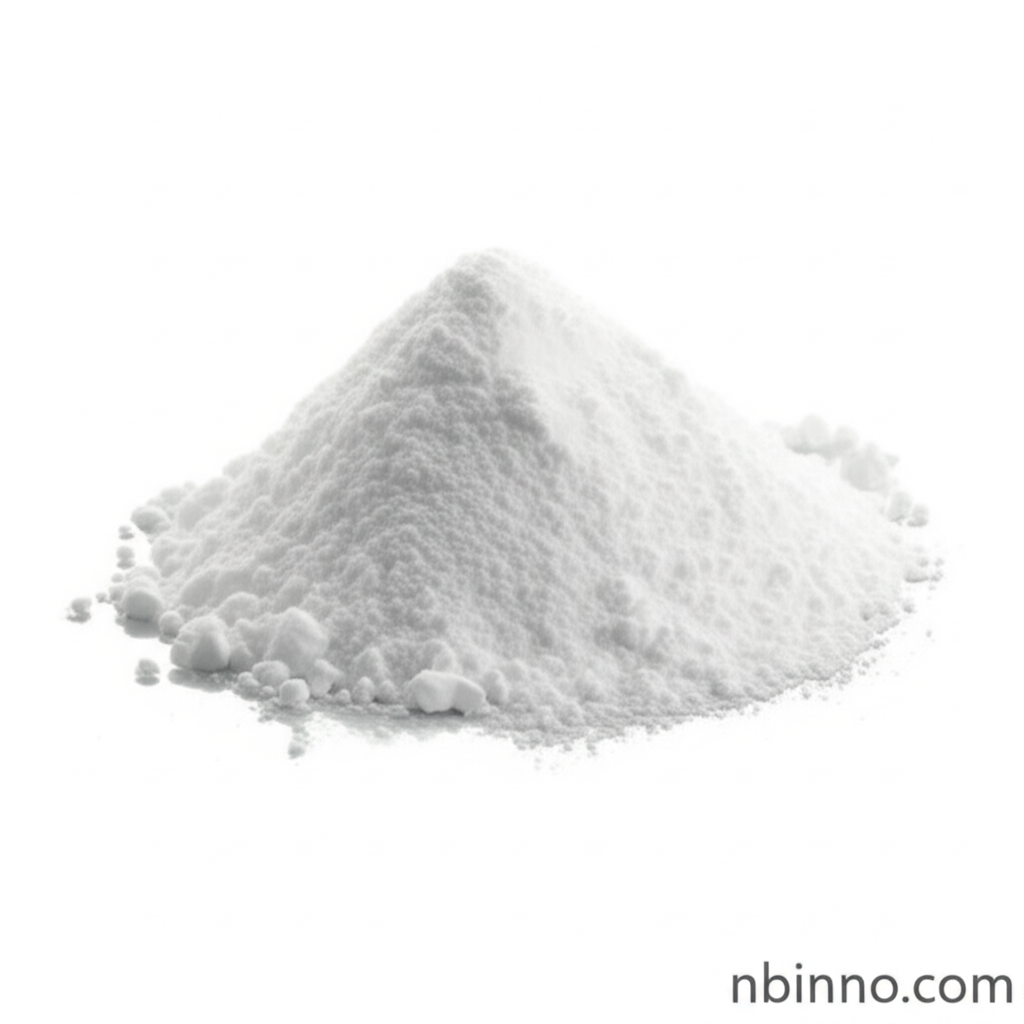High Purity 1,4-Bis(diphenylphosphino)benzene (CAS 1179-06-2): Your Premier Chemical Intermediate Supplier
Discover the essential role of 1,4-Bis(diphenylphosphino)benzene in advanced chemical synthesis and pharmaceutical development. As a leading manufacturer and supplier in China, we provide high-quality intermediates to fuel your research and production needs. Get a quote for your bulk requirements today!
Get a Quote & SampleThe Cornerstone of Catalysis and Pharmaceutical Innovation

1,4-Bis(diphenylphosphino)benzene
We are a trusted manufacturer and supplier of 1,4-Bis(diphenylphosphino)benzene (CAS 1179-06-2) in China, offering superior purity and consistent quality. This organophosphorus compound is a vital chemical intermediate, extensively utilized as a ligand in the synthesis of transition metal complexes, particularly for catalytic applications and groundbreaking drug discovery.
- High Purity 1,4-Bis(diphenylphosphino)benzene for Catalysis: Enhance your catalytic processes with a reliable supplier of this crucial phosphine ligand.
- Pharmaceutical Intermediate Supplier: Source high-grade 1,4-Bis(diphenylphosphino)benzene for your pharmaceutical synthesis and drug development projects.
- Competitive Price and Bulk Availability: As a primary manufacturer, we offer competitive pricing for bulk purchases of CAS 1179-06-2.
- Consistent Quality and Supply Chain: Ensure seamless production with our commitment to quality assurance and stable supply.
Key Advantages of Partnering with Us
Exceptional Purity and Quality
Our 1,4-Bis(diphenylphosphino)benzene (CAS 1179-06-2) is guaranteed to meet rigorous purity standards (≥98%), ensuring optimal performance in sensitive chemical reactions and pharmaceutical applications. As a dedicated manufacturer, quality is our foremost priority.
Cost-Effective Sourcing from China
Leverage our position as a leading chemical intermediate supplier in China to secure 1,4-Bis(diphenylphosphino)benzene at a competitive price. We cater to businesses looking to buy quality materials efficiently.
Reliable Supply Chain and Support
We are committed to providing a stable and dependable supply of this essential intermediate. Our team offers expert support to help you source the right quantities and specifications for your manufacturing needs.
Diverse Applications of 1,4-Bis(diphenylphosphino)benzene
Catalysis
Widely employed as a bidentate phosphine ligand in homogeneous catalysis, facilitating crucial reactions such as cross-coupling (e.g., Suzuki-Miyaura, Heck) and hydrogenation. It enables efficient synthesis of complex molecules.
Pharmaceutical Intermediates
An indispensable building block in the synthesis of various pharmaceutical compounds. Its unique structural properties contribute to the development of novel drugs, particularly in areas like cancer and autoimmune disorders.
Organic Synthesis
Serves as a versatile reagent in complex organic synthesis, enabling the formation of carbon-carbon and carbon-heteroatom bonds, and facilitating the creation of advanced materials and fine chemicals.
Coordination Chemistry
Its ability to form stable complexes with transition metals makes it invaluable in coordination chemistry research, exploring new materials with unique electronic and catalytic properties.
